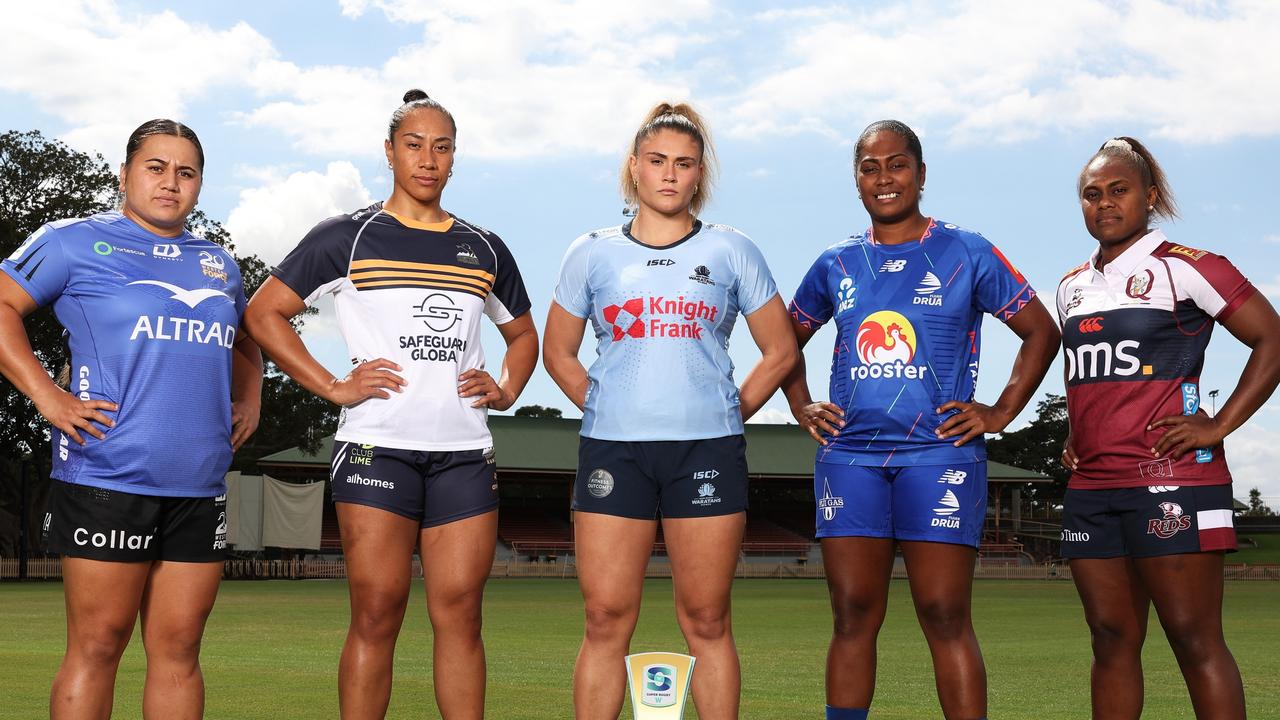Graham Cornes: Melbourne players have taken the easy way out by scrapping preseason camp
MELBOURNE’S capitulation to player demands to scrap its commando-style preseason camp brings into question the physical and mental toughness of its group.
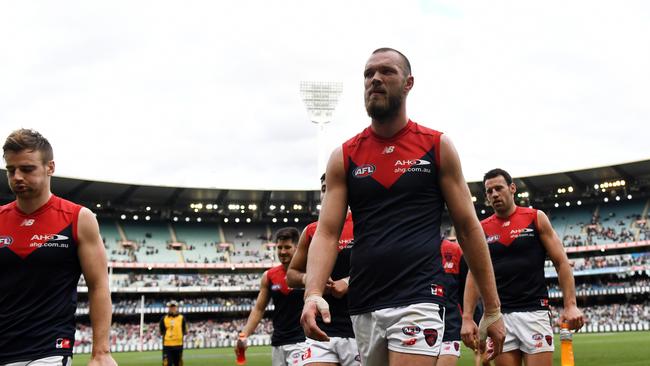
Sport
Don't miss out on the headlines from Sport. Followed categories will be added to My News.
IF we needed any more proof that the modern concept of player empowerment has shifted too far in favour of the players, we need only look at the example of the Melbourne Football Club.
Scared for their safety, a deputation of Demon players approached the AFL Players Association to assist them to have the club’s commando-style pre-season camp scrapped. The club capitulated and the camp was cancelled. AFL legend Danny Frawley described them as a “laughing stock”.
Sure, there were a couple of injuries in last year’s camp. Christian Salem dropped a brick on his head (he didn’t pack his backpack properly) and Dom Tyson injured a knee, which could have happened in any training session.
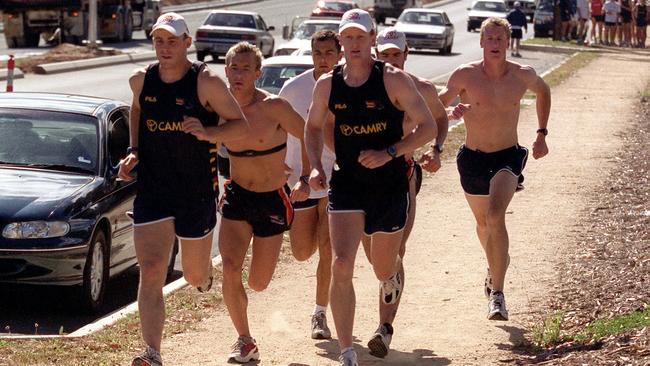
The club’s capitulation brings into question the physical and mental toughness of its players who last season surrendered a golden opportunity to compete in the finals when they lost in round 23 to Collingwood.
Significantly, it’s more indicative of the mindset of the modern millennial footballers who resist being shifted out of their physical and mental comfort zones.
That resistance manifests itself in several ways. Resentment, belligerence, indifference and apathy are several by-products of young athletes who don’t like being told what to do and are empowered by the influence of occupational health and safety advocates.
But we, the parents and the teachers, are also to blame. We’ve mollycoddled our kids, over-protected them and discouraged them from taking risks. At the same time we’ve indoctrinated them to believe that they are completely in charge of their own destinies and that there is nothing in the world that they can’t achieve.
We’ve neglected to tell them that achievement rarely comes without supreme effort, sacrifice and a fair amount of discomfort. They want it all, they want it now but they want someone else to pay for it. And they don’t want to get dirty on the way through.
There’s no doubt in commando-style training camps that you will get dirty. You will also get tired. You will doubt your ability to go on. But you always can.
To win an AFL premiership you have to get your hands dirty. The previous two premierships have not been won by the best, the prettiest or the cleanest teams. They have been won by teams, Richmond and the Western Bulldogs, who have been prepared to get their hands dirty and push through the pain barriers. Richmond in particular embarrassed the Crows in this year’s grand final with ferocious intent and a punishing attack on the player and the ball.
Melbourne is a team that is similarly poised.
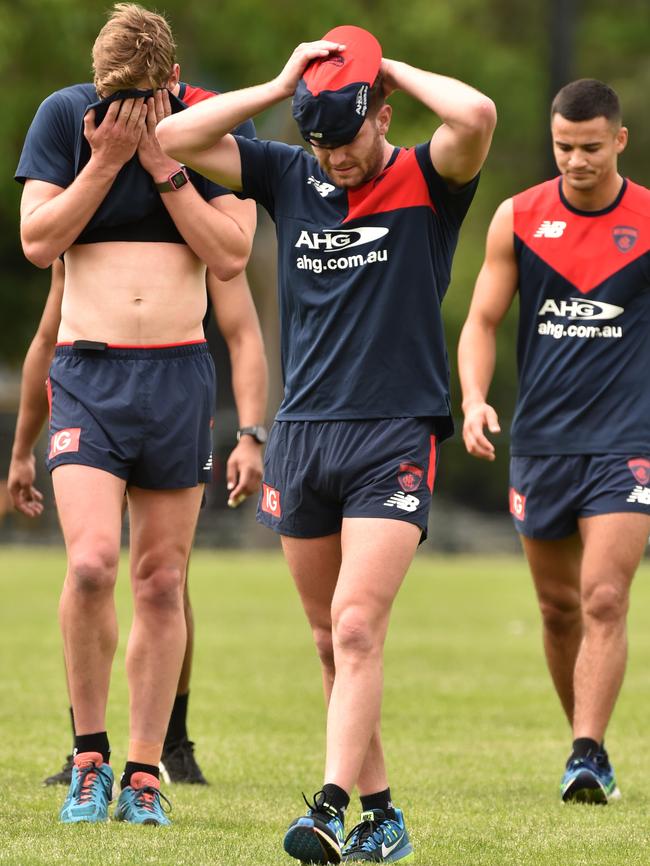
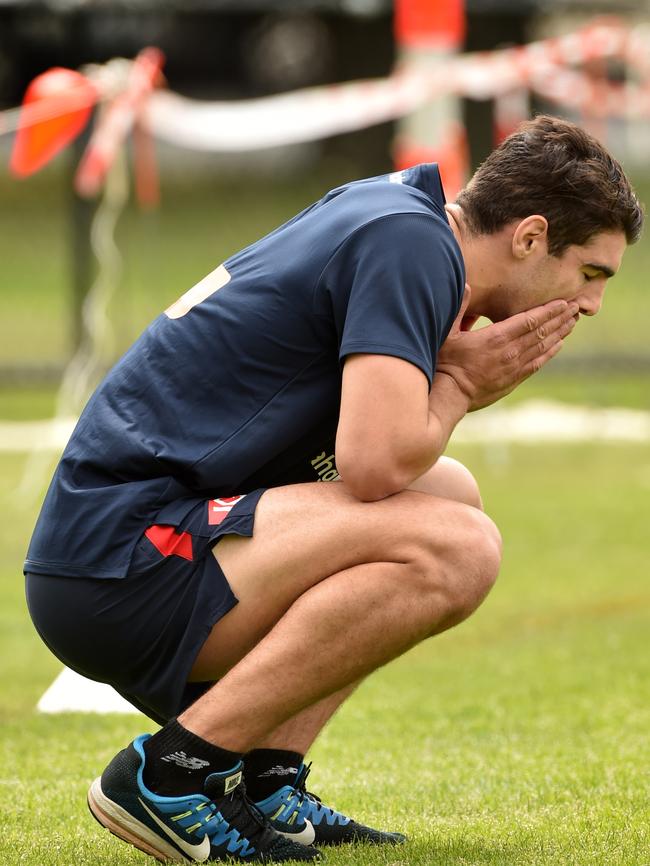
The Demons were much improved in 2017, obviously showing the benefit of that controversial training camp which involved a 20km trek, exhausting physical and mental exercises and sleep deprivation. No doubt it was tough.
Assistant coach Brendan McCartney admitted that the coaches had really pushed their players: “As observers, we actually remarked a couple of times that we felt really bad, really poorly actually for putting the players through this,” he said later.
However, he also recognised the benefit of it.
“It was exactly what they needed, and I’m certain the benefits will materialise at some stage, whether it is in a pivotal moment in a game, or a final or a season.”
Coaching, whether it is a science or an art, has changed dramatically since the Crows entered the AFL.
It may be a passing phase but the era of the autocratic coach has gone — well and truly. Ray McLean, an innovative RAAF instructor, turned coaching on its head with his Leading Teams concept in the 1990s. McLean, introduced to Aussie rules footy by then Central District coach, Alan Stewart, revolutionised the handling of footballers by demanding that they critically assess their own performances, individually, but more importantly collectively.
It was often a confronting task as players (and their coaches) were forced to recognise their playing and personal deficiencies and work to rectify them.
His program can be linked to many AFL premiership successes, although there are some (including this writer) who had felt the pendulum had swung too far to the players.
We were fortunate to be offered the Leading Teams intellectual property for the SANFL state campaign last year. Former St Kilda and five-times Centrals premiership player Daniel Healy, a Leading Teams partner and facilitator here in Adelaide, initiated a modified program in the short time the squad had together.
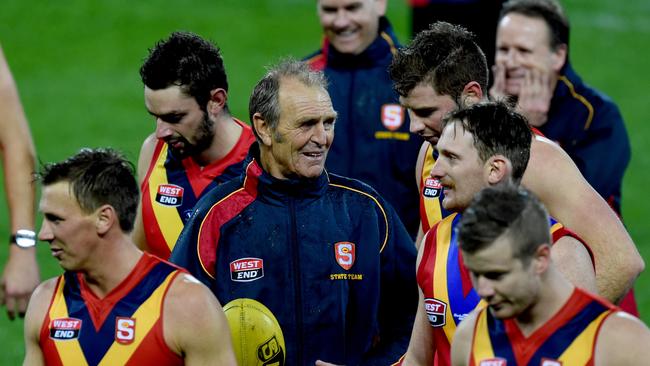
I felt it was an outstanding success, although it was interesting that in the SANFL’s post-campaign survey of the players, the majority felt we spent too much time on the program. You can’t win.
There is an old saying; “everything old is new again.” It’s unlikely that we will ever return to those days of the brutal, even cruel, days of the autocratic coach, but the coach has to reclaim some of his authority.
You simply can’t leave it all to the players. Because one thing is true: if you leave a group of Australian footballers to their own devices, they will take the easy way out — as the Demon players did with their training camp.
Rarely is the easy way the best way.
Originally published as Graham Cornes: Melbourne players have taken the easy way out by scrapping preseason camp

